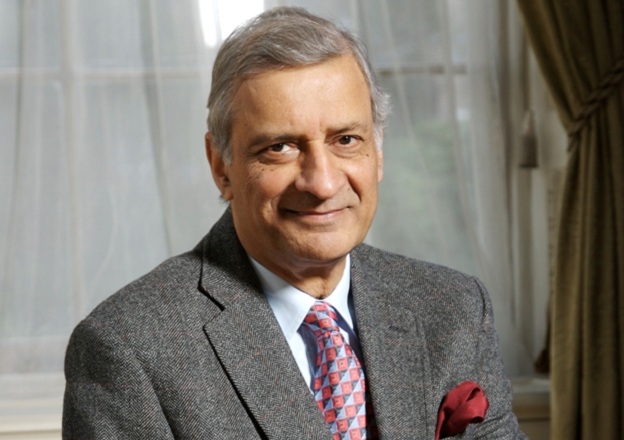
Our 2013 Heads of Government Meeting, hosted by Sri Lanka in November, saw the Commonwealth take significant strides towards a world in which social progress and economic prosperity are more inclusive and equitable. Leaders flew in from all quarters of the world to find answers critical for many of our member states.
CHOGM, as it is known, is where the heart of the Commonwealth beats strongest – when leaders convene in a spirit of mutual support and common purpose to deliver practical outcomes that advance democracy, development and respect for diversity.
The modern Commonwealth has long been a source of both visionary ideas and practical action. Concern for the environment was given its first meaningful global airing at the highest level at a Commonwealth summit in 1989, a full three years before the Earth Summit in Rio when the world finally sat up and paid attention to climate change. The Highly Indebted Poor Countries (HIPC) initiative to tackle head-on the unsustainable debt challenges of the poorest states in the world was conceived at a Commonwealth Finance Ministers meeting.
This same global thought leadership, accompanied by a practical toolkit, was given a boost at the recent Sri Lanka summit. Heads of Government agreed to develop a shared and collective Commonwealth perspective to: contribute to next year’s United Nations negotiations on the Post-2015 Development Agenda, the successor to the Millennium Development Goals; pursue fresh ideas on unlocking the finance that is critical for the environmental needs of our vulnerable and threatened members; address the need to explore a Commonwealth facility in order to help our members export goods and services; and build sustainable national finances that are critical to strengthening the resilience of our small and vulnerable states in a very difficult economic environment. Commonwealth proposals towards achieving this goal have already attracted the interest of the World Bank and IMF.
There was agreement to explore ways of facilitating movement of Commonwealth citizens in various categories. There was a decision to support Commonwealth countries currently without national broadband to participate in the digital revolution. And there were steps agreed to do more to tackle early and forced marriage as well as sexual violence in armed conflict.
The Commonwealth Youth Council was formally inaugurated and will give a new and recognised means to the voices and ambitions of young people to be expressed within our own councils and more widely.
The turnout of business people at the summit was the largest ever, as the Commonwealth’s comparative advantage as a like-minded community in which to do business and trade is increasingly recognised – as well as stepping up exchanges with other business communities.
The 2013 summit of Commonwealth leaders once again demonstrated the ability of our membership to find collective resolve and to effectively address issues of the moment.
The Commonwealth has long taken the approach that our values – now set out clearly in our new Charter – are not to be found on a spectrum with political values at one end and development values at the other. All our values are of equal importance and are indivisible. Development, democracy and respect for diversity are mutually reinforcing and beneficial. Collective decisions by leaders of our worldwide family reinforce commitment to these goals and values and secure a deeper sense of ownership to them.
At a time when the challenges of the wider world and those within each of our member countries require innovation, respect and inclusiveness, the Commonwealth continues to serve its citizens and add global value.
For a summary of key CHOGM outcomes, go to: www.thecommonwealth.org/media/ event/commonwealth-heads-government-meeting-2013





